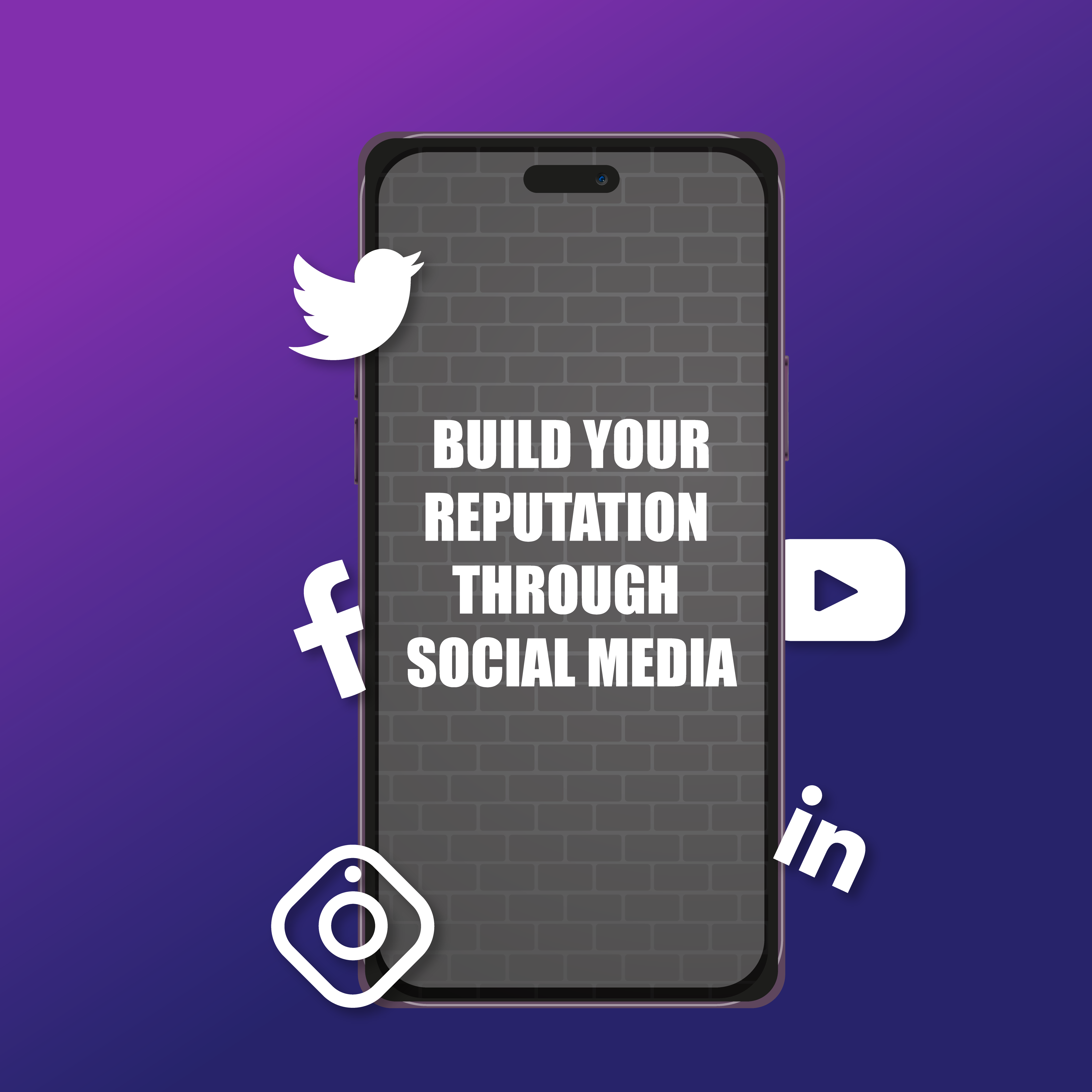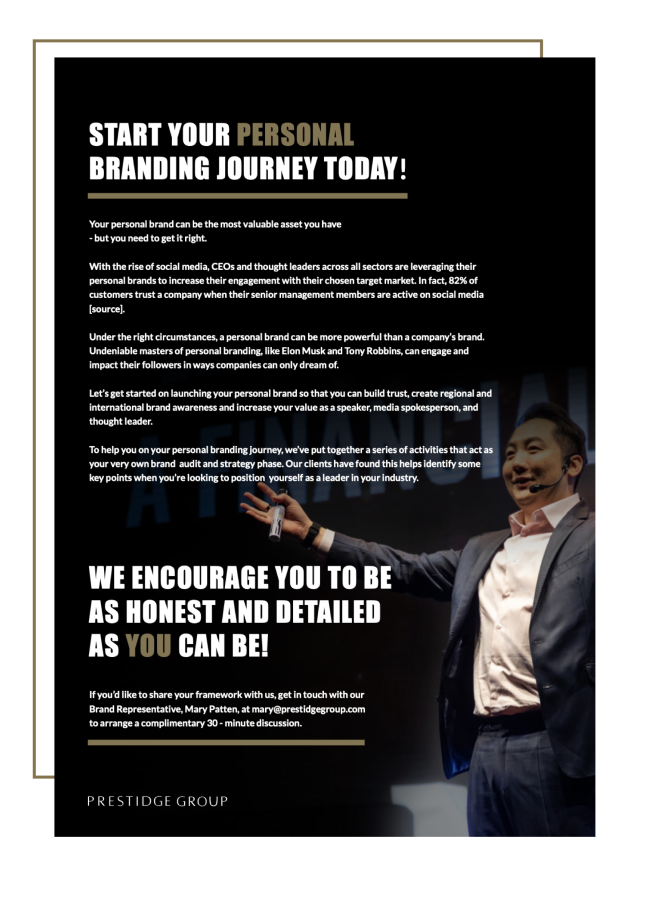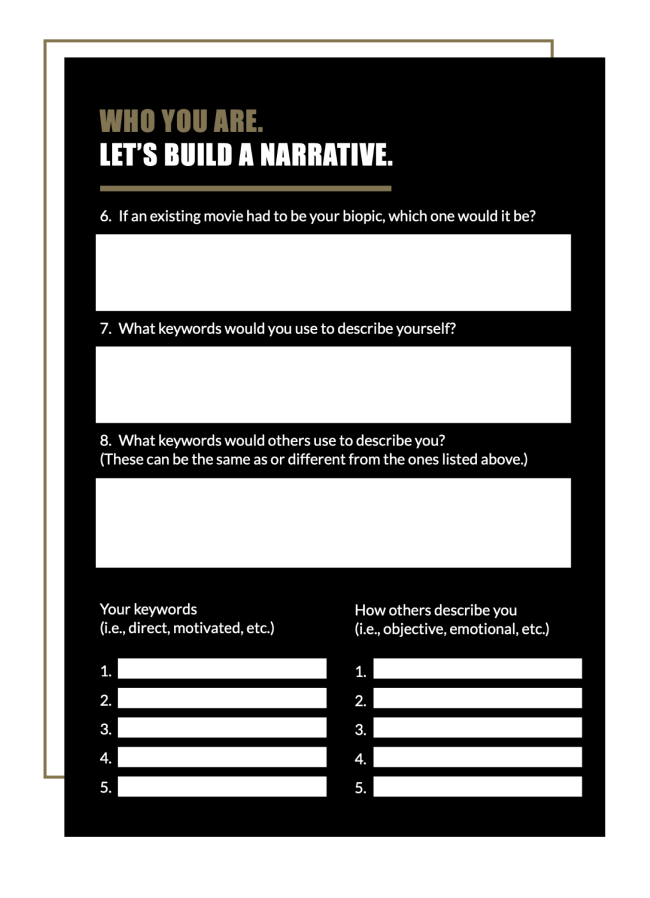By Holly Kneale
In today’s fast-paced and competitive workplace, you’re bound to come across people who can be challenging to work with. It’s not uncommon to encounter co-workers or clients who are difficult to please and stubborn. While it’s tempting to avoid such people or react negatively to their behavior, it’s important to learn how to work with them effectively. In this article, we’ll explore some practical tips for handling challenging people in the workplace.
1. Stay Calm and Professional
As tempting as it may be to let out a primal scream or unleash a string of expletives, that won’t exactly help the situation. One of the most critical aspects of dealing with challenging people is to remain calm and professional, even when you’re feeling frustrated or upset. Remember that getting angry, defensive, or aggressive will only escalate the situation and make it harder to find a resolution. Instead, stay composed, and respond in a respectful and courteous manner. By maintaining your professionalism, you can defuse the tension and establish a foundation of mutual respect. So, take a deep breath, count to ten, and resist the urge to throw a stapler across the room.
2. Listen and Validate Their Concerns
When someone is being challenging or raises their voice louder and louder as the conversation progresses, it’s often because they don’t feel as though they’ve been heard. Maybe they’re stressed out, feeling unappreciated, feel truly passionate at the topic, or just really, really hate their commute. Rather than dismissing their concerns or belittling their feelings, take the time to actively listen and validate their perspective. Show empathy and try to understand where they’re coming from, even if you don’t necessarily agree with them. One way to do this effectively is by restating their perspective (“I think what you are saying is that ….. That’s really interesting. Do you know of any data we can include to reinforce that claim?”) By acknowledging their concerns and demonstrating that you’re willing to listen, you can establish a sense of trust and open communication. Usually once someone feels heard, they are more likely to compromise or take an idea in a different direction. Match their energy, but not their emotion. A little bit of understanding goes a long way.
3. Set Clear Boundaries and Expectations
Sometimes, challenging people can be difficult to work with because they don’t understand what’s expected of them or where the boundaries lie. To avoid misunderstandings and confusion, it’s essential to set clear expectations and boundaries from the outset. Think of it like fencing – you don’t want to leave any gaps or holes where the difficult person can break through and wreak havoc. So, establish your roles and responsibilities, define timelines and deadlines, and make sure everyone is on the same page to minimize the potential for misunderstandings or conflicts.
4. Seek Common Ground
While it’s natural to focus on your differences, it’s often more productive to seek out common ground. Look for areas where you share common goals, interests, or values, and use these as a basis for building rapport and finding a way forward. Maybe you both love dogs, hate traffic, or secretly enjoy listening to Nickelback. By emphasizing your shared interests, you can create a sense of camaraderie and overcome any differences or roadblocks. It doesn’t matter if the person is a client with whom you need to establish a strong long-term working relationship or you are speaking to a person, such as a journalist perhaps or an event organizer, you want to quickly establish rapport. One way to do this is if you have the person’s complete name, see if you can look them up on LinkedIn to learn a bit more about them. Perhaps you share the same college alma mater or grew up in the same city. Just taking an extra two minutes to learn more about them before you have a conversation will save you a headache in the long run.
5. Practice Empathy and Understanding
Challenging people often behave the way they do because they’re dealing with their own issues. Rather than taking their behavior personally or judging them harshly, try to practice empathy and understanding. Consider what might be driving their behavior, and look for ways to support them or offer help. By approaching challenging people with kindness and compassion, you can build trust and create a more positive working relationship. Instead of pointing out every flaw or setback, try to brainstorm ideas and work together to find a solution. And if all else fails, you can always claim that you’re having a bad day so apologize if you’re being difficult. That often causes them to soften their tone as it reminds them that hey, we all got stuff to deal with.
6. Focus on Solutions, Not Problems
When dealing with difficult people, it’s easy to get bogged down in the problems and obstacles that arise. Instead of dwelling on the negative, try to focus on solutions and ways to move forward. Brainstorm ideas, explore different options, and work together to find a resolution that everyone can agree on. By shifting the focus to solutions, you can avoid getting stuck in unproductive conversations and create a more positive and proactive working environment. I recently heard on a radio show about an elementary school teacher who works with autistic children or other students who sometimes have social management challenges. She says that when a student acts out, she always asks, “do you want a hug, help or need a time out?” She said she recently discovered that it worked well on spouses. Maybe it will work with colleagues and clients too – though never hug a colleague without their express permission and maybe give them a Hershey kiss instead–less likely you will find yourself facing a harassment charge!
7. Don’t Take it Personally
Finally, it’s important to remember that challenging people are not necessarily targeting you personally. Just because your co-worker or client is being difficult doesn’t mean they hate you or think you’re a terrible person (well, hopefully not). Rather than taking their behavior to heart, try to approach it objectively and with a sense of detachment. Don’t let their behavior affect your own mood or productivity, and instead, focus on finding a way to work together effectively.
In conclusion, working with challenging people can be a difficult but super essential aspect of any workplace. By following the tips outlined above, you can learn how to handle challenging people more effectively and create a more positive working environment for yourself and those around you. Just remember to stay calm and professional, listen and validate their concerns, set clear boundaries and expectations, find common ground, focus on solutions, and don’t take it personally.
And if all else fails, just remember that tomorrow is a new day – and maybe invest in a stress ball or two to keep at your desk.
Holly Kneale is a Senior Account Manager in Prestige Group’s Dubai office with nearly a decade of public relations and client relationship management experience. She regularly secures thought-leadership opportunities for clients, including media interviews, podcasts or speaking engagements or placing bylined articles or blog commentaries in top media outlets UK, USA, and Middle East markets.













